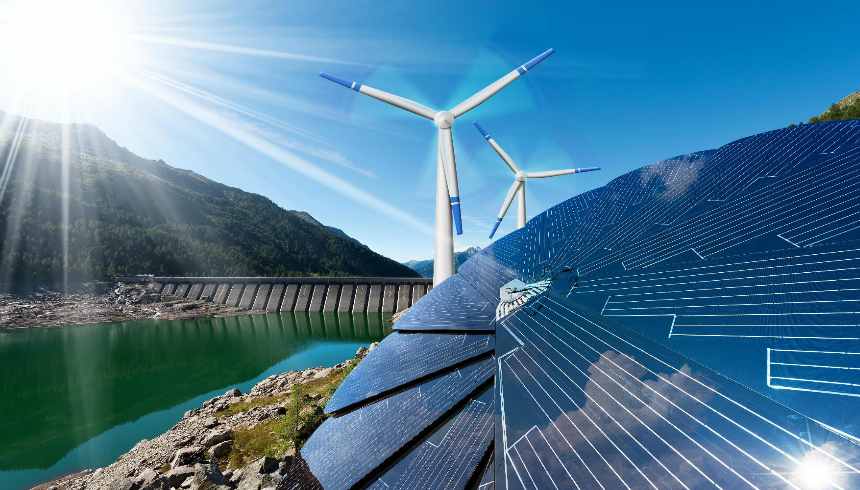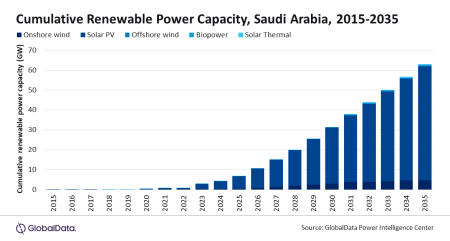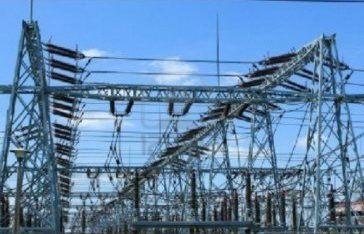 03 August 2013, Yenagoa – Bayelsa has a riverine terrain with almost 70 percent of her communities situated in the creeks. Most of her communities are almost or in some cases totally surrounded by water, hence making these communities inaccessible by road.
03 August 2013, Yenagoa – Bayelsa has a riverine terrain with almost 70 percent of her communities situated in the creeks. Most of her communities are almost or in some cases totally surrounded by water, hence making these communities inaccessible by road.
Until 2006, precisely seven years after its creation, it was the only state in the Federation not connected to the national grid; while its only means of electricity supply was through a state-owned gas turbine known as the Imiringi Gas Turbine.
The turbine was used to power the state capital and its environs, leaving out the rural communities in the creeks.
Interestingly, the gas turbine plant was built in 1982 by the administration of late Senator Melford Okilo, when Bayelsa was part of the old Rivers State, to power Yenagoa and its environs. The broken-down turbine inherited by the state was however refurbished and put into operation by the Bayelsa State government during the administration of Chief Diepreye Alamieyeseigha. That was when residents of Yenagoa and its environs enjoyed uninterrupted power supply.
At the time, the development stimulated the growth of small-scale enterprises, many of which ironically have since folded up on account of the current epileptic supply from the national grid.
Power outage only occurred then when the turbine was shut down for routine maintenance by the State Electricity Board, the outfit saddled with managing power generation and distribution, or when the Kolo Creek Gas delivery line was shut down during routine maintenance work by its operator, Shell Petroleum Development Company, SPDC.
The only drawback was that when the turbine jet engine experienced system failure, the entire state capital and its environs would be plunged into darkness spiralling into months as the manufacturers of the turbine, Roll Royce, Aberdeen, Scotland had to be placed on notice to fabricate the needed parts and ship same to Nigeria.
However, the expectations of many that the connection of the state to the national grid would improve power supply have turned out to be a mirage due to the growing energy demands of the fast-growing state and its poor distribution network.
Sadly, while mainland Yenagoa and its environs are linked to the national grid, the source of energy in the far flung riverine communities is through diesel-powered generating sets, most of which were submerged and destroyed by the last flood which devastated the entire state.
Aside Yenagoa Council Area, Kolokuma-Opokuma Council Area and Ogbia Council Area, parts of which are connected to the national grid, most of the rural communities are yet to be connected due to their location. Interestingly, the state has the advantage of sitting where it can generate up to 1000 megawatts of electricity due to the abundance of gas stocks.
Though the state’s power situation is not different from what obtains in other parts of the country, those people used to constant electricity supply when the state gas turbine was operational are no longer at ease with the PHCN due to erratic power supply in the state.
The sale of generating sets is today a booming business in Yenagoa. Generator stores are presently competing with provision stores in the capital city. Surprisingly, some residents who deliberately refuse to pay their electricity bills are always buying fuel to power their generating sets when there is power outage.
Some residents described power supply situation as hopeless compared to when the state turbine was in operation.
“What we have today is power rationing, there is hardly any day we enjoy uninterrupted supply for four hours. Some times we don’t even see light at for days. It is saddening, that we have such gas being wasted through flare daily and yet the country cannot harness this to meet her energy need,” Mrs. Ebifuro John, who operates a sea food shop lamented.
Continuing she said, “We had to rely on two generating sets which we alternate to power our business due to the unreliability of PHCN and you can understand the cost implication for us.”
Thomas Olotu, lamented the bulk billing system being allocated to transformer users in some parts of the capital city by the PHCN.
For Rotimi Ajayi who has an ice block-making enterprise at the Azikoro suburb of Yenagoa the erratic state of power supply in the area had impacted negatively on his business.
He said, “Presently I spend over N25,000 on fuel every week, just to ensure that I have products to sell to my customers and at the end of the day, I scarcely make a profit. In fact, if the situation persists, I may be forced to change my line business to one that would be more profitable.”
Another resident Ebiotu Daubei said the state has no business of experiencing black out given its vast gas resources. He urged the government to revive its gas turbine project and explore the available gas fields in the state both at the under developed level and the flared pipeline gas to ensure it generate electricity efficiently to the people of the state and if need be, supply to the national grid through a bulk energy system.
An expert who spoke anonymously blamed the erratic power supply situation in the state partly on poor distribution networks.
He said a situation where a distribution network does not have the capacity to deliver power supply to consumers is a serious problem. The distribution network does not meet the required standard requirement.
– Samuel Oyadongha, Vanguard



